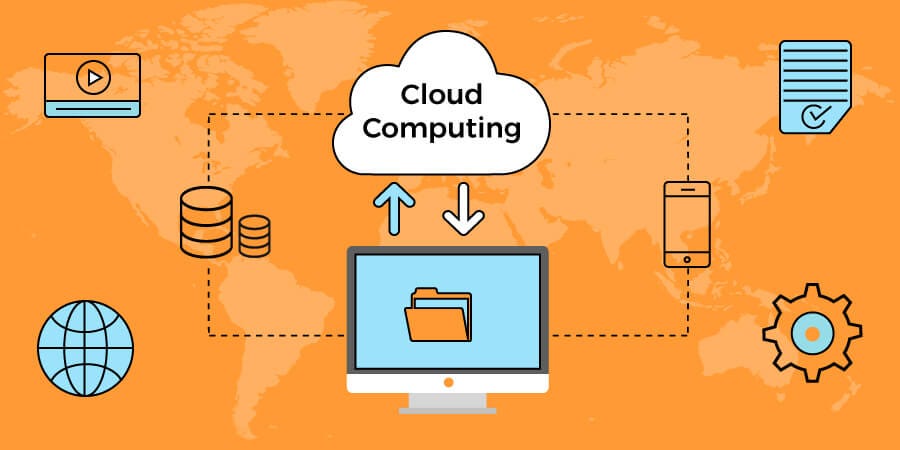
Embracing the Cloud: How Cloud Computing is Revolutionizing Business Operations
Cloud Computing Business Transformation Cloud Technology Digital Transformation Cloud Benefits Cloud Challenges Future of Cloud Tech Innovation Business Operations Cloud Security
The Evolution of Cloud Computing
Cloud computing has evolved from a niche concept to a mainstream technology that underpins a vast array of services and applications. By leveraging remote servers hosted on the internet, businesses can store, manage, and process data more efficiently than ever before.
Benefits of Cloud Computing
Cloud computing offers numerous advantages for businesses, including:
1. Cost Savings
By moving to the cloud, businesses can reduce or eliminate the costs associated with maintaining physical servers and IT infrastructure.
2. Scalability
The cloud allows businesses to scale their resources up or down based on demand, providing flexibility to adapt to changing needs.
3. Accessibility
Cloud services can be accessed from anywhere with an internet connection, enabling remote work and collaboration.
4. Disaster Recovery
Cloud providers offer robust disaster recovery solutions, ensuring data is backed up and can be restored quickly in case of an emergency.
5. Security
Leading cloud providers invest heavily in security measures, offering advanced protection for data and applications.
Challenges of Cloud Computing
While the benefits are significant, cloud computing also presents certain challenges:
1. Data Privacy
Storing data in the cloud raises concerns about data privacy and compliance with regulations.
2. Downtime
Cloud services can experience downtime or outages, potentially impacting business operations.
3. Vendor Lock-In
Businesses may become dependent on a particular cloud provider, making it difficult to switch vendors or integrate with other systems.
4. Security Risks
Despite advanced security measures, the cloud is not immune to cyber threats, requiring businesses to remain vigilant.
The Future of Cloud Computing
The future of cloud computing looks promising, with several trends shaping its evolution:
1. Multi-Cloud Strategies
Businesses are increasingly adopting multi-cloud strategies, using multiple cloud providers to avoid vendor lock-in and enhance resilience.
2. AI and Machine Learning Integration
Cloud platforms are integrating AI and machine learning capabilities, enabling businesses to leverage advanced analytics and automation.
3. Edge Computing
Edge computing is emerging as a complement to cloud computing, bringing processing power closer to data sources to reduce latency and improve performance.
4. Enhanced Security
Ongoing advancements in cloud security will continue to address data privacy concerns and protect against emerging threats.
5. Industry-Specific Clouds
Industry-specific cloud solutions are being developed to meet the unique needs and regulatory requirements of various sectors.
Join the Cloud Revolution
Have you embraced cloud computing in your business operations? What benefits and challenges have you encountered? Share your experiences and insights with me! Reach out through any of the following channels:
Thank you for reading, and stay tuned for more insights and tips as we continue our tech journey together!